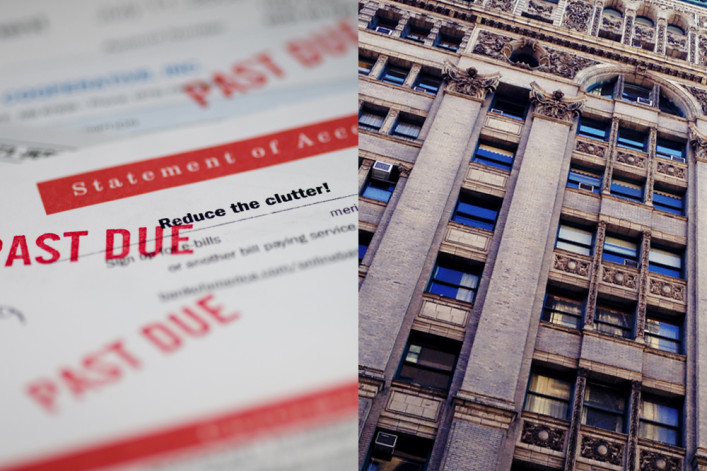Ask an Expert: Will a co-op look past my financial problems? What about a mortgage lender?

Q. Five years ago I had a financial setback after I lost my job and had some unexpected medical expenses. It resulted in a lot of overdue bills, debt collectors etc., but that mess is behind me now.
I've been fully employed and current on all my bills for over three years. I've also saved enough money for a downpayment on a studio or maybe a one-bedroom apartment. Do I have any chance of getting approved by a co-op board? What about getting a mortgage?
A. It's possible, but it won't be easy, say our experts.
"Co-op boards tend to err on the side of caution, and, given your financial history, they may scrutinize your application a little closer and evaluate your after-purchase cash reserve in case you became unemployed again," says real estate broker Gordon Roberts of Warburg Realty. "Just having enough cash to cover the down payment is not going to be sufficient for most co-op boards."
Much depends on the reason for your problems.
"A board will likely be most lenient if you can demonstrate it wasn't your fault and that the situation has changed--for example, that it was your ex-spouse who ran up debts, or your insurance company didn't pay a medical bill to a hospital and you are challenging it, or you were out of work, etc.," says Roberta Axelrod, a real estate broker and asset manager with Time Equities who sits on many boards as a sponsor's representative.
Axelrod notes that "both boards and mortgage lenders will consider you in a better light if you ultimately paid even if late. However, this is no guarantee. Boards can be tough."
Before you go apartment hunting, says Roberts, "request your credit report--you’re allowed to do this once a year at no charge--not only to see what’s on it, but also to be sure that it’s accurate. If there are any inaccuracies, take the time and effort to correct them. You want your credit report to reflect that you’ve straightened out past difficulties and established a consistent pattern of on-time payments. Beyond that, co-op boards vary from building to building, and you can ask the listing broker if they have any information regarding that particular building’s board."
You might also consider circumventing board approval by finding a co-op offered for sale by the sponsor, suggests Axelrod. You won't need board approval at all in that case, although the sponsor might be concerned that your financial history will hamper your ability to get a loan.
As far as getting a mortgage, "co-signers, guarantors and prepaid maintenance are approaches to consider," says Axelrod. Moreover, she notes, once 7 years has elapsed since your credit problems, you can have removed from your credit history, which will smooth both the board and the bank application process, she notes.
Trouble at home? Get your NYC apartment-dweller questions answered by an expert! Send us your questions.
See all Ask an Expert.
Related:
Everything you wanted to know about sponsor apartments but were afraid to ask
6 hurdles that can stand between you and your mortgage--and what to do about them
The top 12 questions New Yorkers ask their mortgage bankers
























